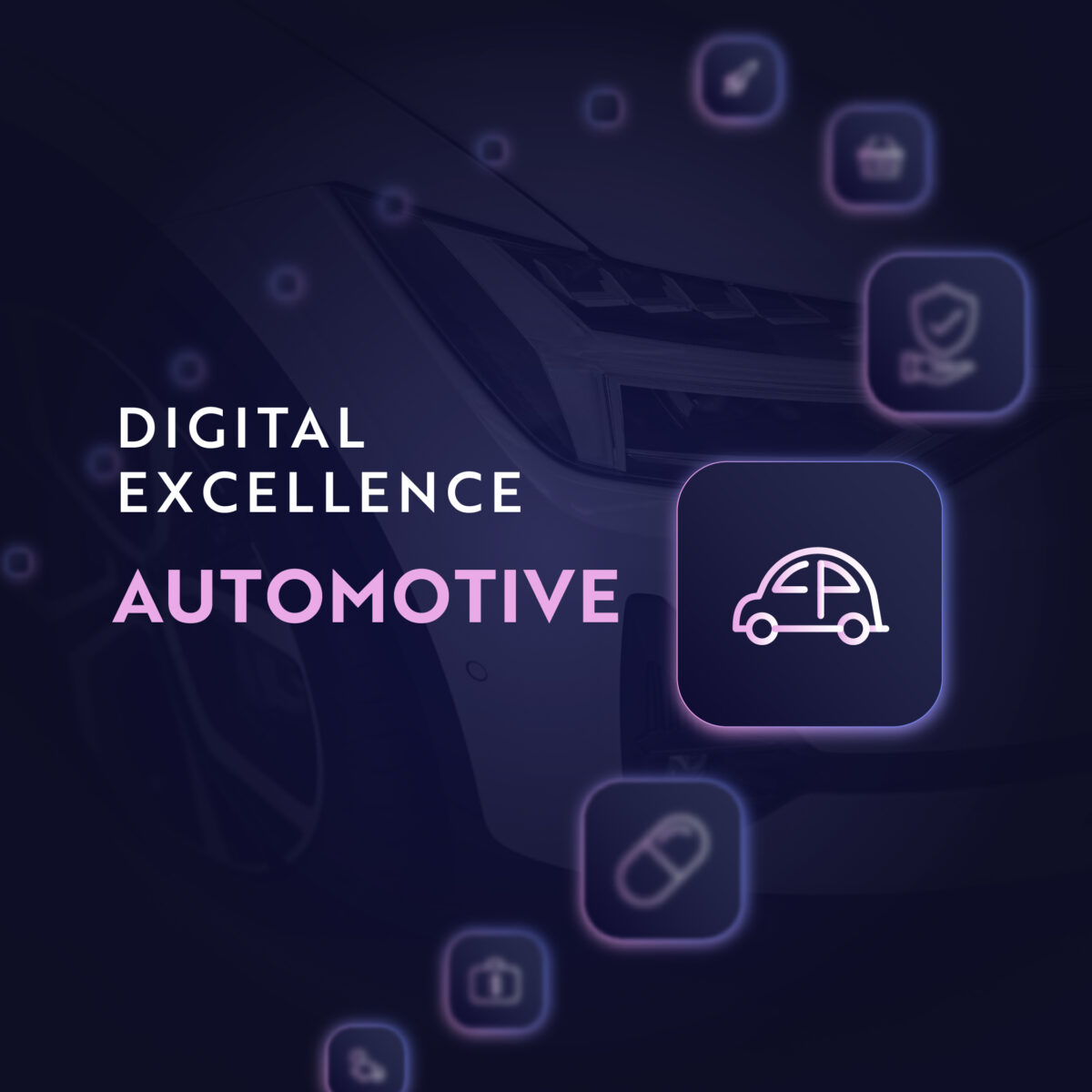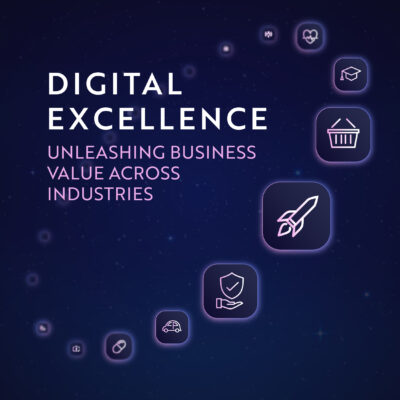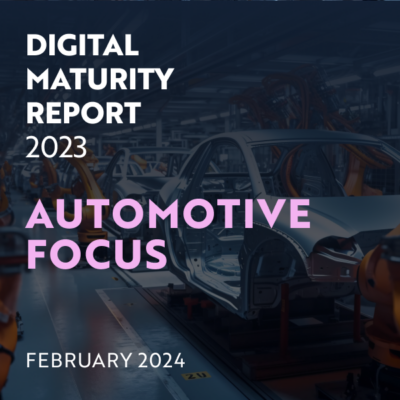
Impact Assessment: Key Technologies Transforming the Automotive Excellence
Electric and Autonomous Vehicles (EVs and AVs):
- Electrification: The shift towards electric vehicles is accelerating as manufacturers seek to reduce emissions and comply with stringent environmental regulations. This transformation requires significant investment in new technologies, infrastructure, and skills.
- Autonomous Driving: The development of autonomous vehicles is reshaping transportation by enhancing safety, efficiency, and convenience. AI and sensor technologies are critical to the evolution of self-driving cars.
Artificial Intelligence (AI) and Machine Learning:
- Predictive Maintenance: AI-driven analytics predict vehicle maintenance needs, reducing downtime and improving reliability. This technology is crucial for both manufacturers and suppliers in optimizing production and service processes.
- Manufacturing Optimization: AI enhances production efficiency through real-time monitoring and quality control, reducing waste and increasing output.
Internet of Things (IoT):
- Connected Vehicles: IoT enables real-time data collection and communication between vehicles and infrastructure, enhancing navigation, safety, and infotainment services.
- Smart Manufacturing: IoT devices provide manufacturers with insights into equipment performance, energy consumption, and production metrics, enabling data-driven decision-making.
3D Printing:
- Rapid Prototyping and Production: 3D printing allows manufacturers and suppliers to rapidly prototype components, reducing development times and costs. It also enables the production of complex parts with minimal waste.
Blockchain:
- Supply Chain Transparency: Blockchain technology enhances traceability and security across the supply chain, reducing fraud and ensuring the authenticity of parts and materials.
Benefits and Challenges
- Benefits:
- Enhanced Product Innovation: Digital technologies enable manufacturers to design and produce advanced vehicles that meet evolving consumer demands for sustainability, safety, and connectivity.
- Operational Efficiency: Automation and data analytics streamline production processes, reduce costs, and improve resource allocation.
- Customer Engagement: Connected vehicles offer new opportunities for personalized services, enhancing customer satisfaction and loyalty.
- Challenges:
- Technological Integration: Integrating new digital technologies with existing systems requires careful planning and investment, particularly for legacy manufacturers and suppliers.
- Cybersecurity Risks: Connected vehicles and digital manufacturing processes increase vulnerability to cyberattacks, necessitating robust security measures.
- Regulatory Compliance: Navigating complex regulatory environments and ensuring compliance with safety and environmental standards is critical in the automotive industry.
Strong Use Cases
- Predictive Maintenance in Manufacturing:
- Companies like BMW leverage AI and IoT to monitor machinery and predict maintenance needs, reducing downtime and increasing production efficiency.
- Connected Vehicle Services:
- Automakers such as Tesla offer over-the-air software updates and real-time navigation services, enhancing vehicle performance and customer experience.
- Blockchain for Supply Chain Transparency:
- Automotive suppliers use blockchain to track the provenance of materials and components, ensuring compliance with ethical sourcing and quality standards.
Compelling Case Studies for Automotive Excellence

Ford: AI-Powered Production Optimization
Ford has embraced AI and machine learning to optimize its manufacturing processes. By analyzing production data in real-time, Ford can identify inefficiencies and improve quality control, resulting in cost savings and enhanced product quality. This approach demonstrates the potential of AI to transform automotive manufacturing.

Audi: Autonomous Driving Innovation
Audi is at the forefront of developing autonomous driving technology, leveraging AI and sensor fusion to enhance vehicle safety and performance. Audi’s commitment to innovation has positioned it as a leader in the autonomous vehicle space, offering consumers cutting-edge mobility solutions.
Main Recommendations for Digital Automotive Excellence
- Invest in R&D for New Technologies:
- Allocate resources to research and development in areas such as electrification, autonomous driving, and connected services. Embrace innovation to stay ahead of market trends and consumer expectations.
- Enhance Digital Manufacturing Capabilities:
- Leverage AI, IoT, and 3D printing to optimize production processes, reduce costs, and improve product quality. Adopt smart manufacturing practices that enable data-driven decision-making.
- Utilize the Digital Maturity Index (DMI):
- Conduct regular DMI assessments to evaluate digital capabilities, identify gaps, and develop strategic roadmaps for transformation. Use these assessments to guide decision-making and prioritize initiatives.
- Strengthen Cybersecurity Measures:
- Implement robust cybersecurity strategies to protect connected vehicles and manufacturing processes from potential threats. Ensure compliance with industry standards and regulations.
- Collaborate with Industry Partners:
- Foster collaboration with suppliers, technology partners, and regulators to drive innovation and address industry challenges. Build strategic alliances to leverage shared knowledge and resources.
Elevate Your Strategy with Digitopia’s DMI Assessment
Digital Maturity Index (DMI) offers a comprehensive evaluation of your digital capabilities, tailored specifically for the retail industry. With actionable insights and benchmarking against industry peers, you can identify key growth areas, chart a clear path to digital excellence.
Conclusions
The automotive industry is undergoing a digital revolution that presents both challenges and opportunities. By embracing digital technologies and focusing on innovation, manufacturers and suppliers can unlock significant business value and maintain a competitive edge. Executives must prioritize digital transformation initiatives and leverage tools like the Digital Maturity Index to guide their journey toward digital automotive excellence. In doing so, they can not only meet evolving consumer expectations but also drive sustainable growth and profitability in an increasingly dynamic market.





















